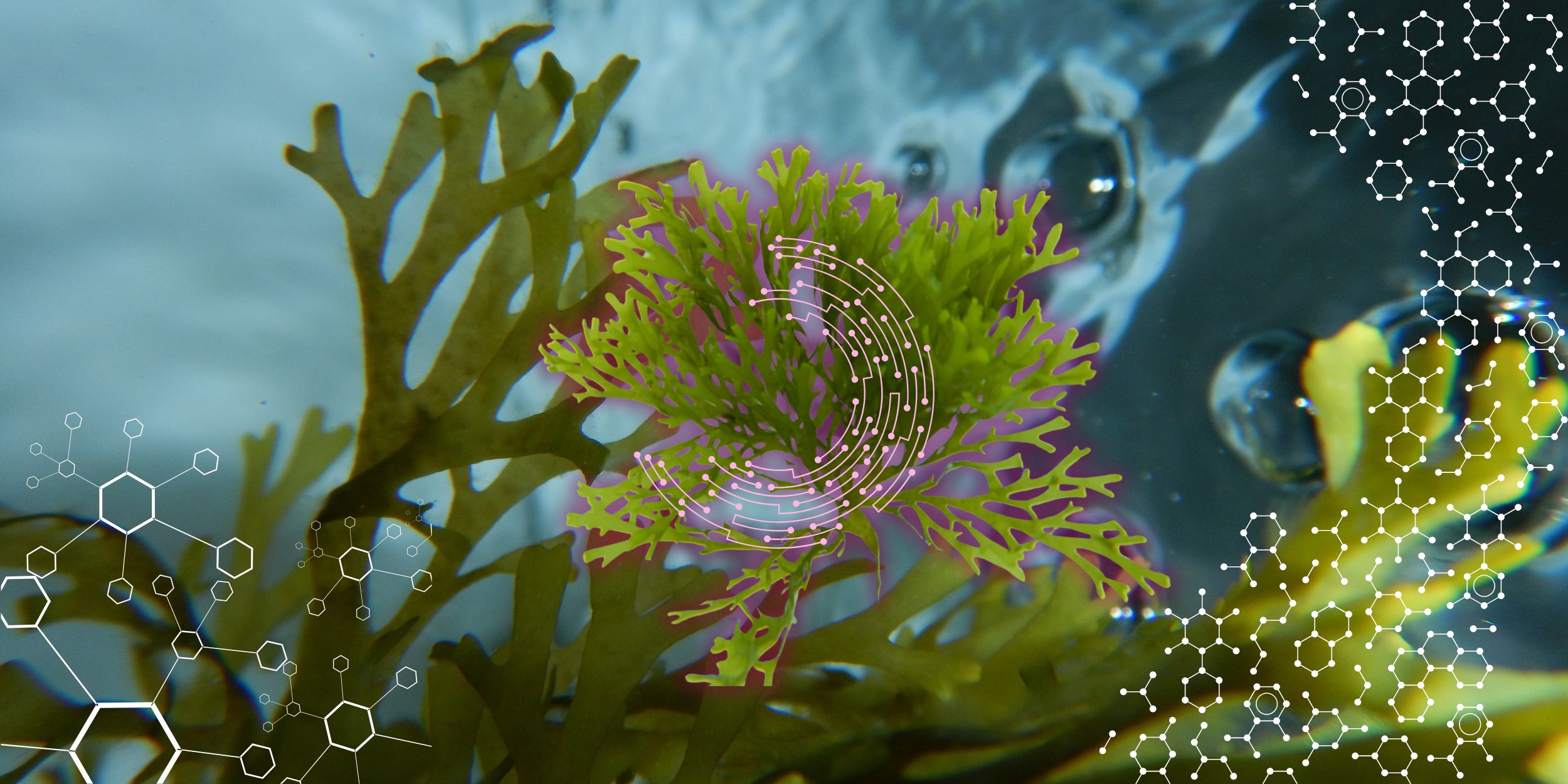
As the world of fashion and textiles strives for sustainability, brands like Keel Labs are pioneering innovative materials that align with the values of eco-conscious consumers. At the heart of their work is Kelsun™, a fibre derived from seaweed, offering a renewable and biodegradable alternative to conventional textiles. This innovation is not just a testament to scientific ingenuity but also a potential game-changer in reducing the environmental impact of the fashion industry.
Kelsun™ is a fibre created from kelp, a type of seaweed that grows abundantly in oceans worldwide. Unlike traditional textile crops such as cotton, which require extensive land, water, and chemicals to cultivate, kelp grows in marine environments without the need for freshwater or fertilisers. Kelp also absorbs significant amounts of carbon dioxide, making its cultivation beneficial for mitigating climate change. These attributes position seaweed-based fibres as a promising solution for a more sustainable fashion future.
Keel Labs is not the only company exploring the potential of seaweed. Several brands and researchers globally are turning to marine plants for textile production. For example, Algiknit, another leader in this space, has developed a seaweed-based yarn designed for durability and minimal environmental impact. Their materials are biodegradable and compostable, aligning with the principles of a circular economy.
Similarly, SeaCell™, a fibre created by Smartfiber AG, incorporates seaweed into lyocell-based textiles. SeaCell™ is celebrated for its softness and claimed health benefits, as the seaweed content is said to release antioxidants and vitamins that can be absorbed through the skin. While these claims are still under study, the fibre’s environmental credentials are undisputed.
The potential applications of seaweed fibres extend beyond fashion into industries like interiors, check out what Materials Assembled are doing, and healthcare. Kelsun™, for instance, has been lauded for its versatility and ability to integrate seamlessly into existing textile manufacturing processes. This makes it an appealing choice for brands seeking to adopt sustainable materials without overhauling production systems.
Brands such as Patagonia, known for their commitment to environmental stewardship, could be ideal collaborators for materials like Kelsun™. While Keel Labs has yet to announce high-profile partnerships, the scalability and adaptability of its product make it a likely candidate for widespread adoption in performance and lifestyle apparel.
Despite the promise of seaweed-based fibres, challenges remain. Scaling production to meet global demand requires significant investment and infrastructure. Additionally, educating consumers about the benefits of alternative materials is critical to driving market adoption. Keel Labs and other innovators must also compete with established natural and synthetic fibres that dominate the market.
Another consideration is the ecological impact of large-scale seaweed farming. While kelp is inherently sustainable, overharvesting or poorly managed farming practices could disrupt marine ecosystems. Companies must ensure their supply chains are not only environmentally friendly but also socially responsible.
The appeal of seaweed fibres lies in their alignment with circular economy principles. Fibres like Kelsun™, Algiknit, and SeaCell™ are designed to decompose naturally, reducing textile waste in landfills. Furthermore, the rapid growth cycle of seaweed makes it a renewable resource that can be harvested sustainably when managed properly.
By embracing such innovations, the fashion industry has an opportunity to significantly reduce its environmental footprint. Using seaweed fibres is just one example of how science and creativity can converge to address the pressing challenges of finding sustainable materials for the fashion industry.
While seaweed fibres have been around for a long time, we also need to be careful of mass adoption and creating too much hype around the materials. At the same time, used in moderation and in a sustainably farmed way, seaweed fibres can be a good alternative material.
The journey of seaweed fibres like Kelsun™ is only just beginning. As consumer demand for sustainable products grows, so too will the investment in and adoption of these materials. Brands that choose to integrate such innovations into their designs will not only reduce their ecological impact but also resonate with a new generation of environmentally conscious consumers. So long as they adhere to strict controls and keep an eye on creating another monoculture situation with Seaweed harvesting practices.
Seaweed fibre manufacturers are proving that the future of textiles can be both stylish and sustainable. By turning to the oceans, they remind us that solutions to our environmental challenges are often hiding in plain sight, waiting to be discovered and celebrated.